What exactly is cupping therapy?
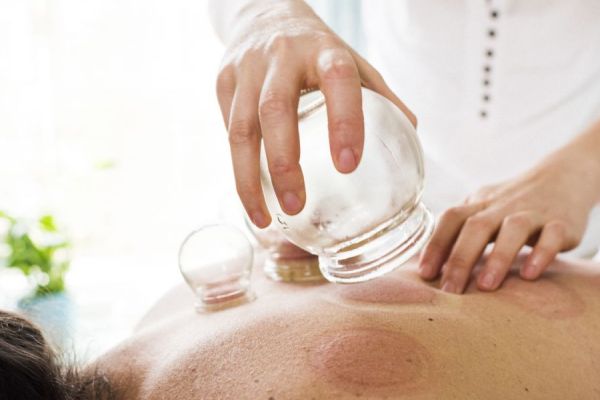
Cupping therapy (aka myofascial decompression) can be traced back to ancient Chinese, Egyptian and Middle Eastern cultures. The technique is even described in one of the oldest medical textbooks in the world, the Ebers Papyrus, which means that ancient Egyptians may have been using cupping therapy as early as 1550 B.C.
In cupping therapy, the therapist places cups (which can be made of glass, bamboo, earthware or silicone) on the skin and applies suction, which draws the tissue into the cups. This process can leave circular bruises on the body.
This is what happened to professional swimmer Michael Phelps, who used cupping therapy during the 2016 Olympics. His bruises were visible on camera which led to many comments on social media and many people learning about cupping therapy. Though cupping leaves bruises on the body, they usually go away after 7 to 10 days.
Cupping may be beneficial for many issues, including:
- Alleviating pain
- Reducing muscle tightness
- Increasing a limited range of motion
- Increasing oxygen in local areas from increased local blood flow
- Reducing inflammation
- Increasing blood flow
Removing the stagnation

An old Chinese maxim says that “where there’s stagnation, there will be pain. Remove the stagnation, and you remove the pain.”
This is exactly what cupping seeks to address. By removing obstruction, cupping encourages the body to heal and regenerate.
Some people worry that using a cup as a vacuum on their skin will be painful, but the sensation can be compared to a friendly octopus. In other words, it feels like a light to medium pressure.
Cupping therapy is very safe and any adverse events are rare and usually range from mild to moderate. These effects could involve feeling dizzy, nauseous or sensitive around the treated area.
Cupping is also generally considered off-limits for people with organ failure, cancer patients, people with pacemakers or individuals who are suffering from hemophilia or similar conditions. If you have a sunburn, an infection, some open wounds or a severe chronic disease such as heart disease or anemia, cupping may not be the best method of treatment for you. Lastly, if you’re pregnant, you should avoid using cups on your abdomen or lower back.
A valuable alternative

Otherwise, cupping can be used as a form of treatment for many different types of problems and may be a valuable alternative to people from all walks of life.
Whether you’re someone who’s experiencing musculoskeletal pain and tightness, an athlete who has trained a little too hard, or an executive who needs stress relief, cupping may optimize athletic performance, speed up recovery, stretch muscles and connective tissue, improve overall wellbeing and so much more.
For more information about cupping, head over to a Lifemark clinic near you. Check out our locations page to schedule an appointment with a Lifemark therapist.
Related Articles
Supporting our veterans with focused, holistic care
Treating an acute injury? Go for M.E.A.T. over R.I.C.E.
Adjusting to the new normal: the benefits of "hybrid care"
Understanding pelvic organ prolapse and why a pessary can help
Psychotherapy at a distance: Using Virtual Care to support mental health
How my daughter’s Occupational Therapist made a difference
How occupational therapy can help with concussion management
What is vertigo, how did I get it and what can I do about it?
Have you heard of “prehab” for replacement surgeries and how it can help?
24 hour movement guidelines for children's best health
My New Year resolution: To prevent injuries
Can you get injured raking leaves?
Know your Pilates - clinical Pilates versus traditional Pilates
3 things every amateur swimmer should start doing to prevent shoulder injury
When your toe won't bend
Let's keep in touch!
SIGN UP TO GET HEALTH AND WELLNESS INFO RIGHT TO YOUR INBOX
Subscribe to receive the latest health and wellness news and information in your inbox every month.
By subscribing you agree to our privacy policy. You can unsubscribe at any time.
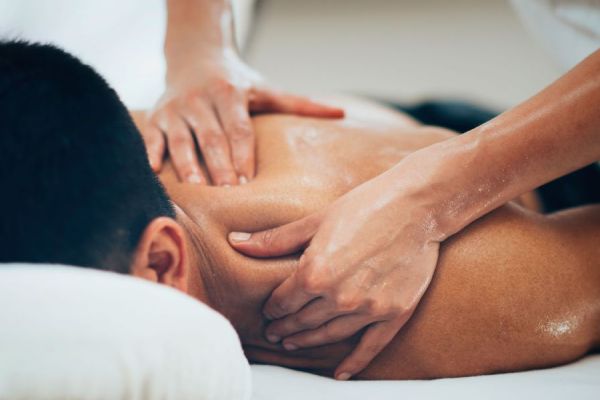
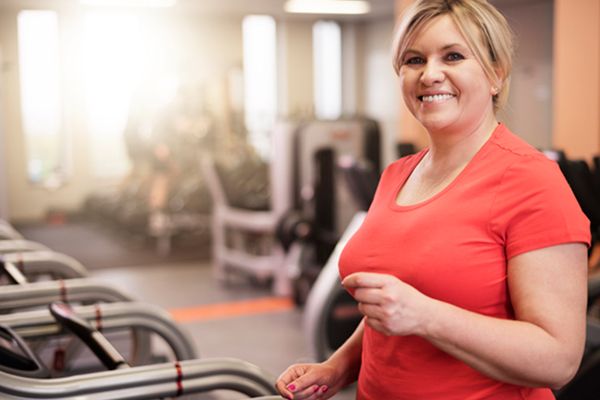

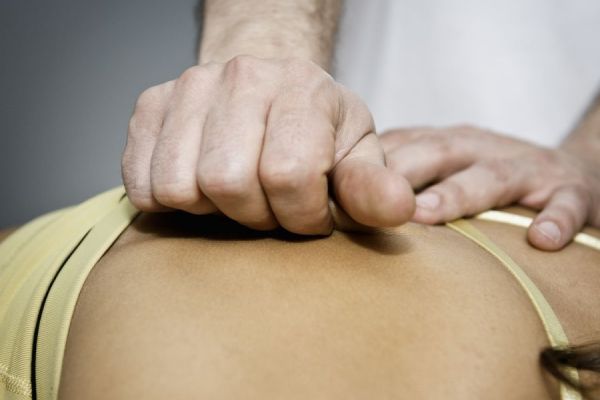
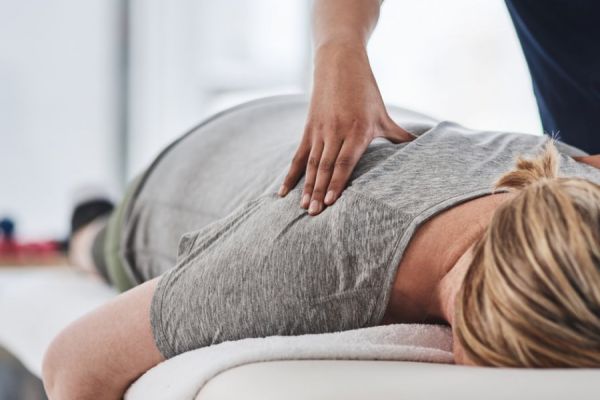

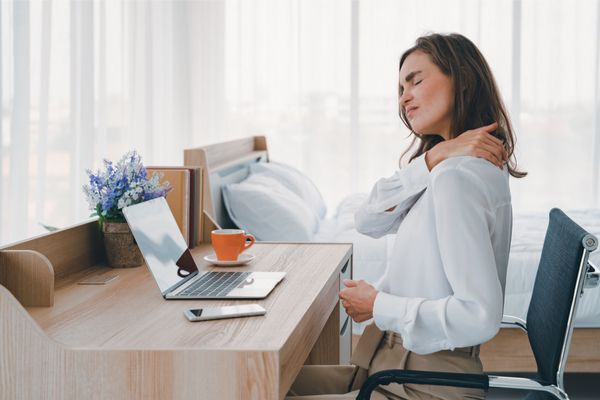


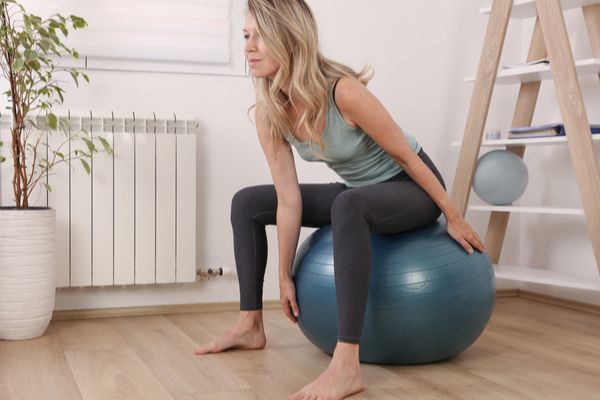

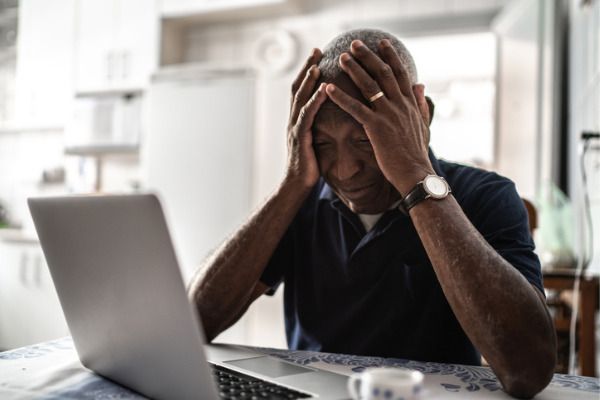
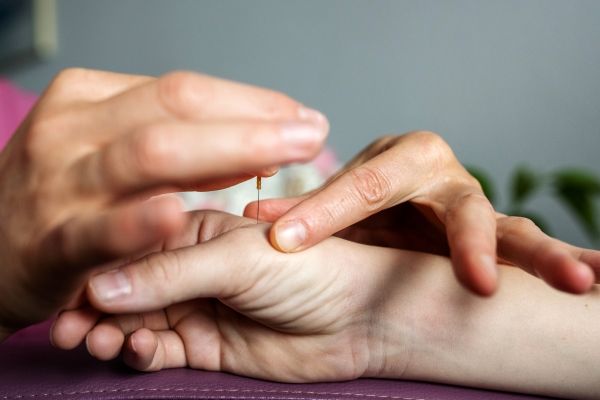


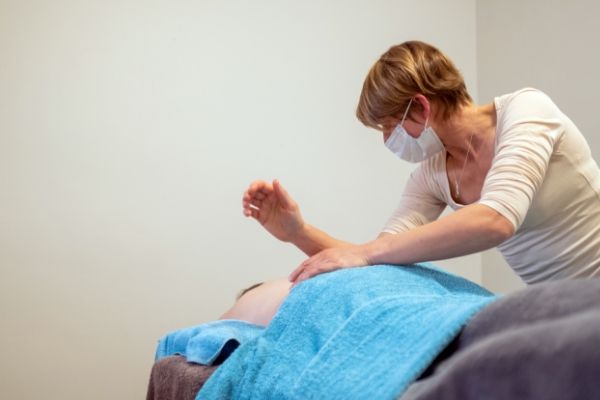




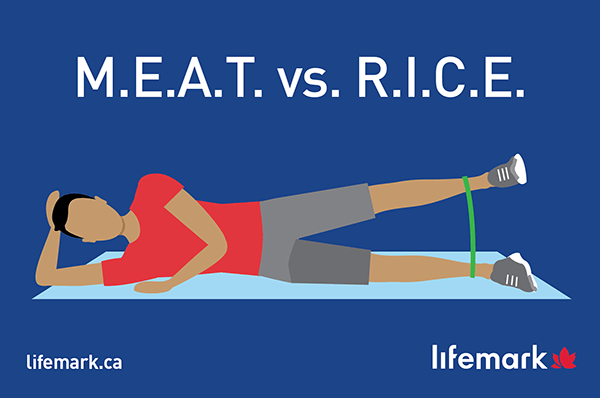





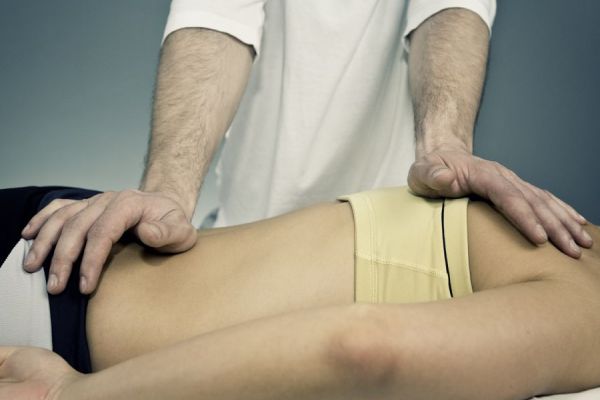


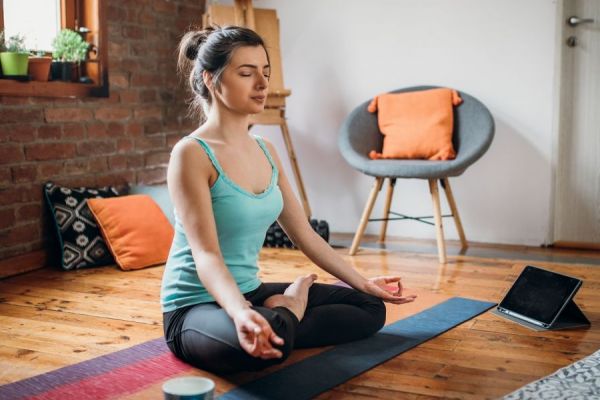






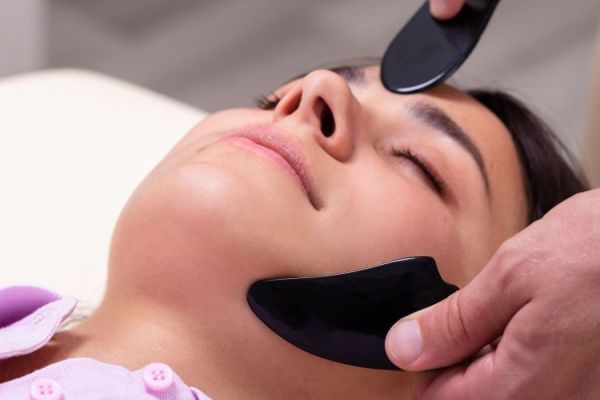
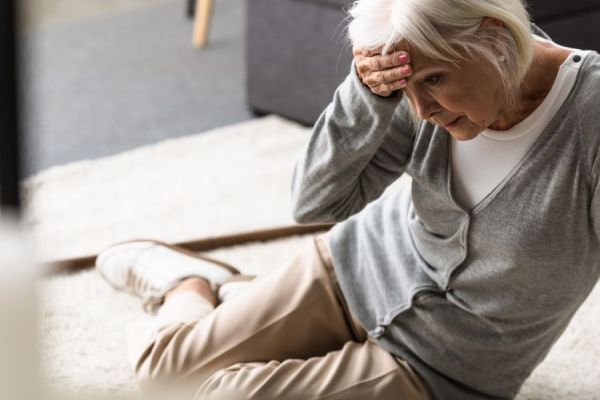
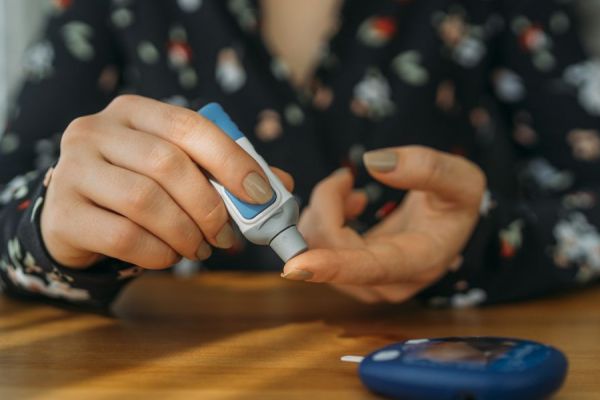
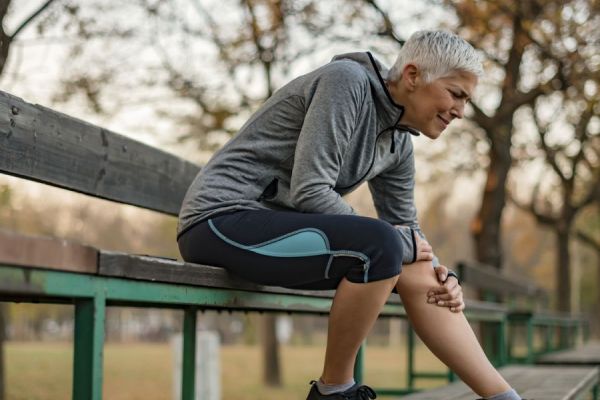
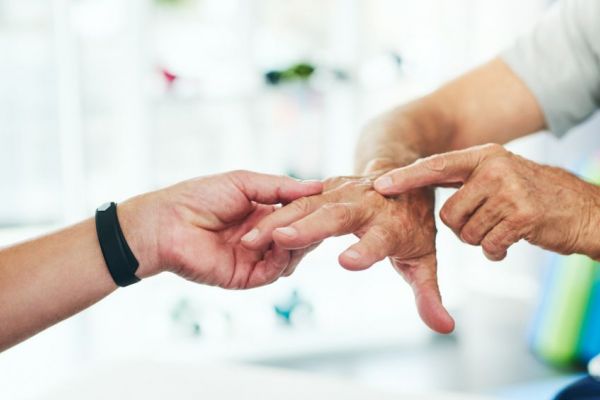



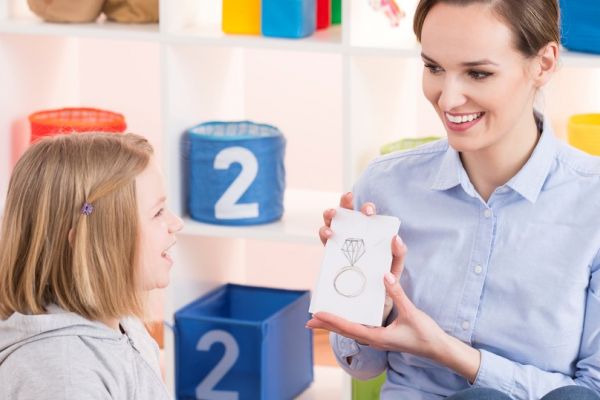




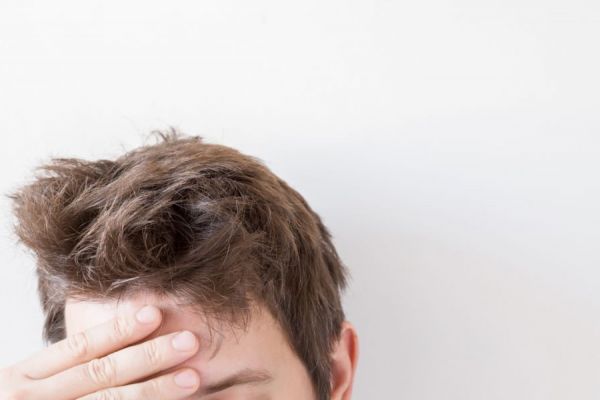
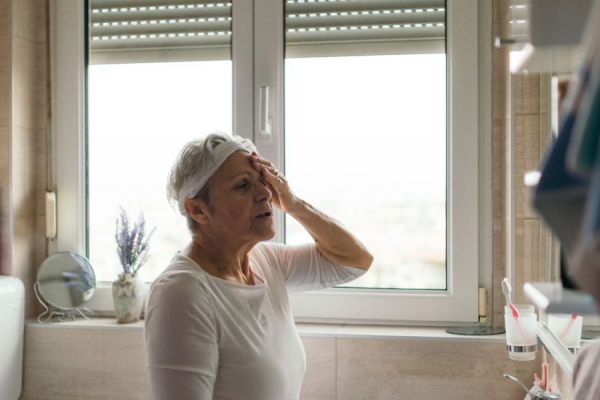



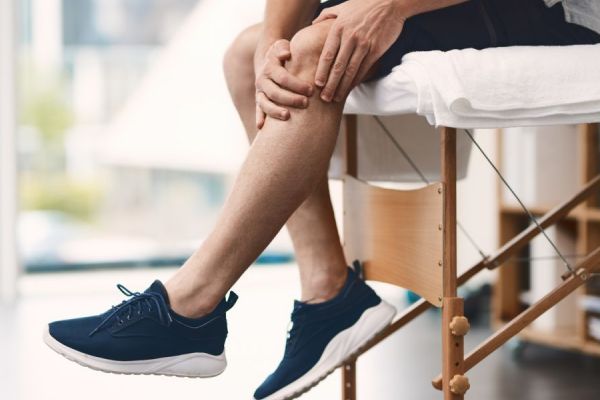

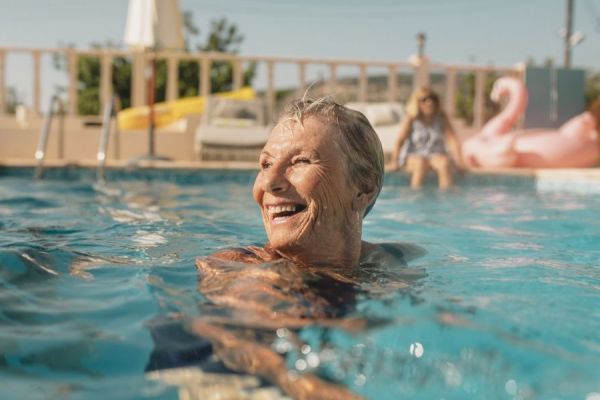
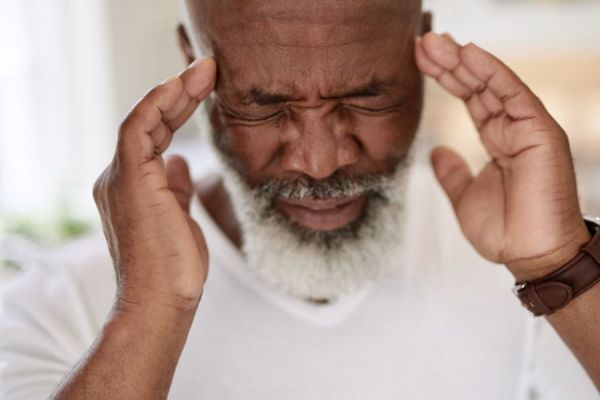







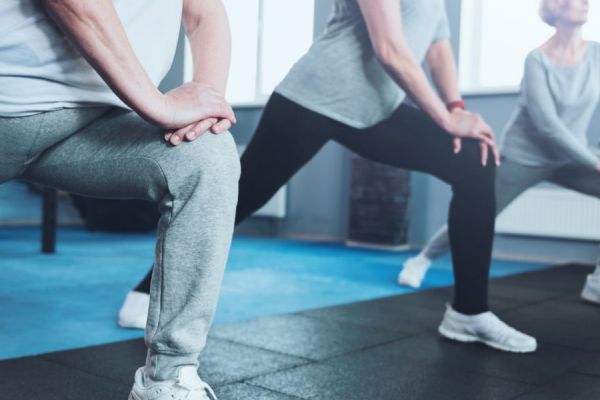

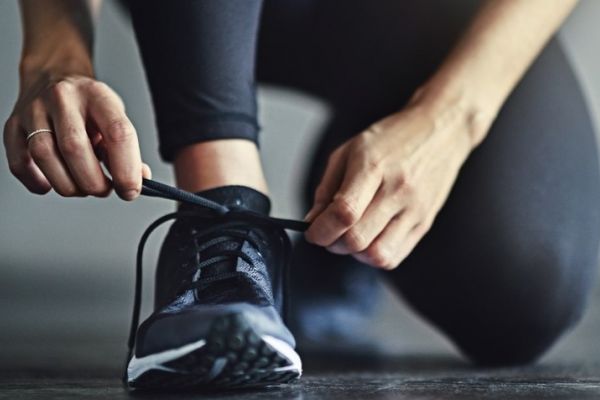


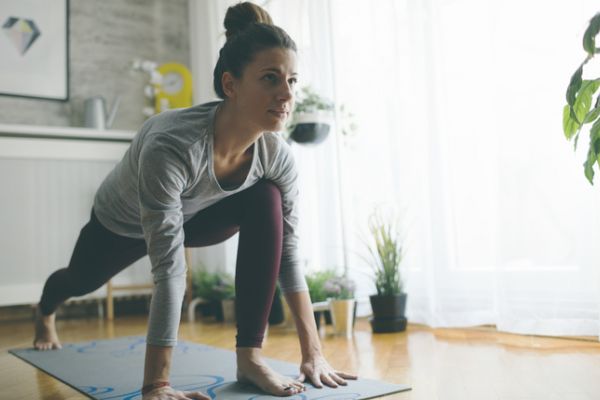
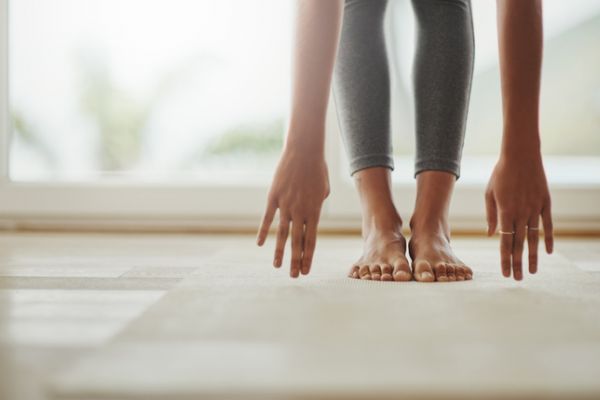
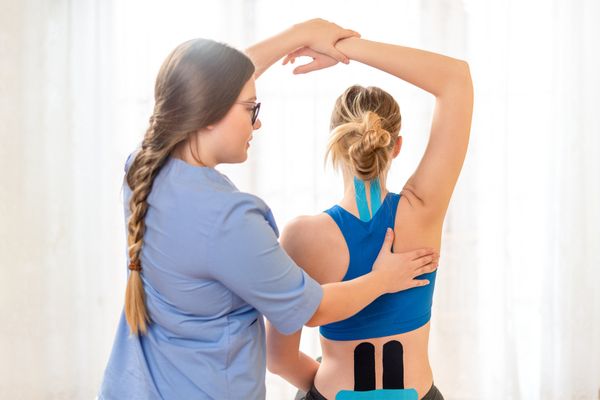

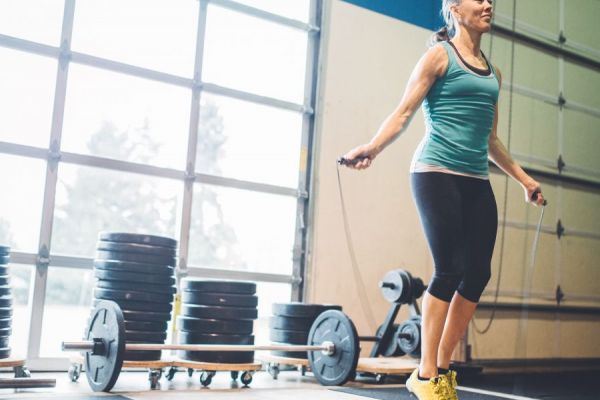


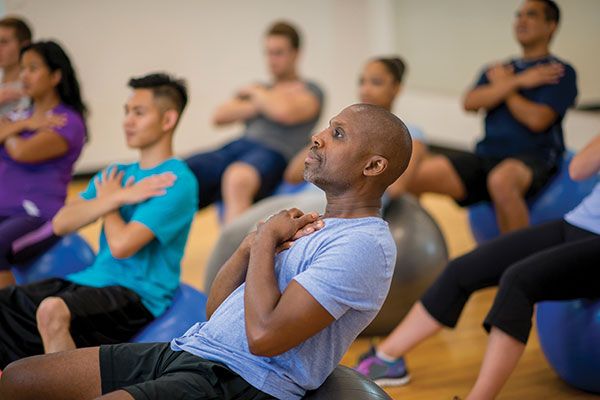



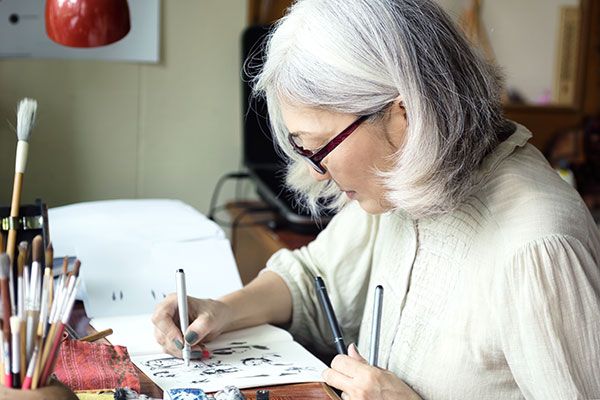
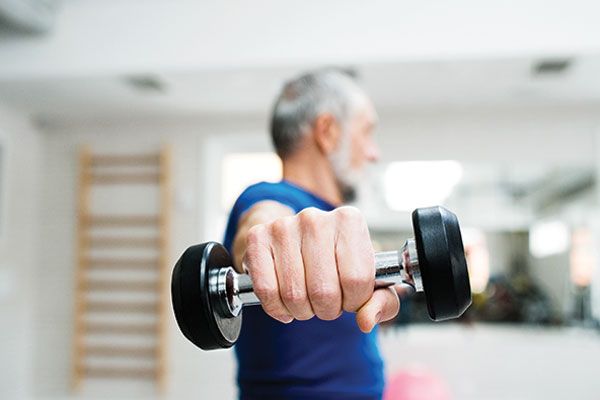
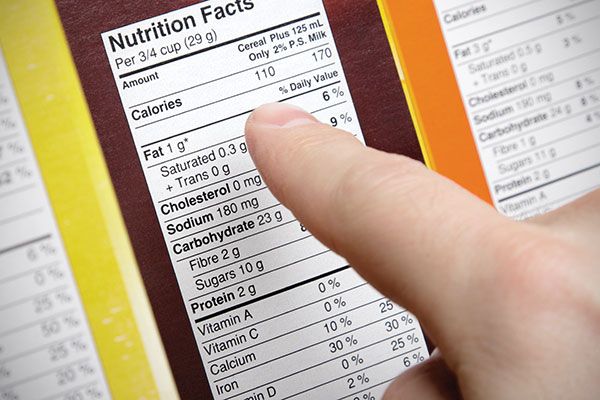
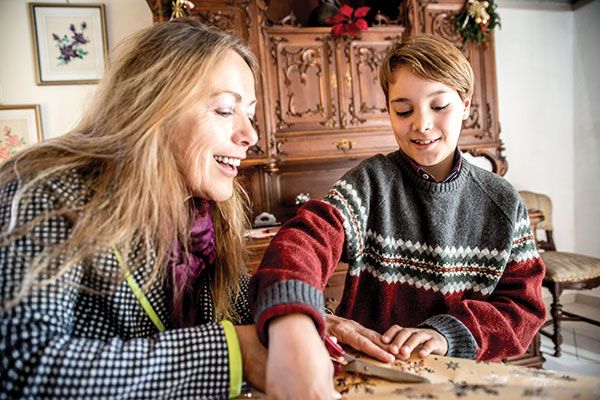






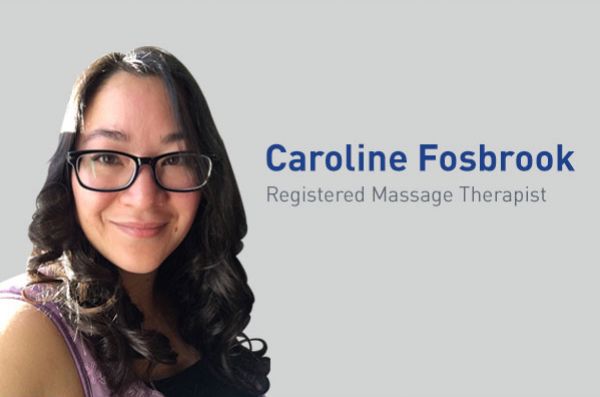


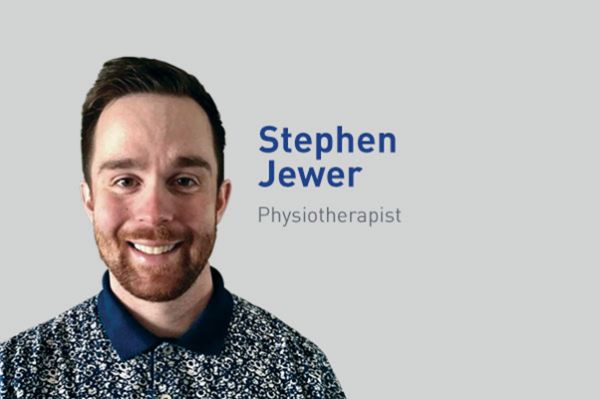
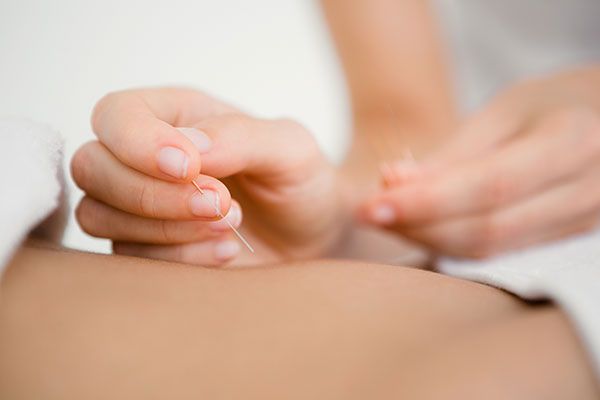
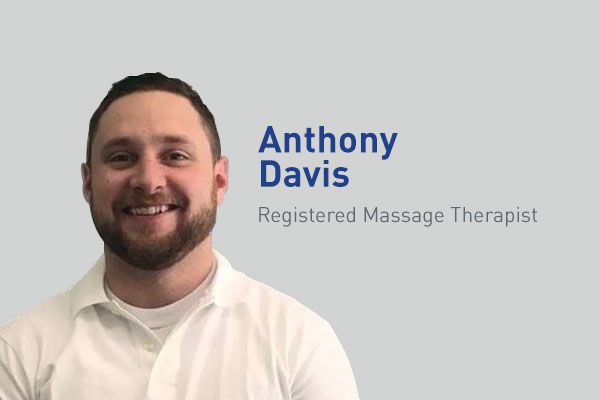


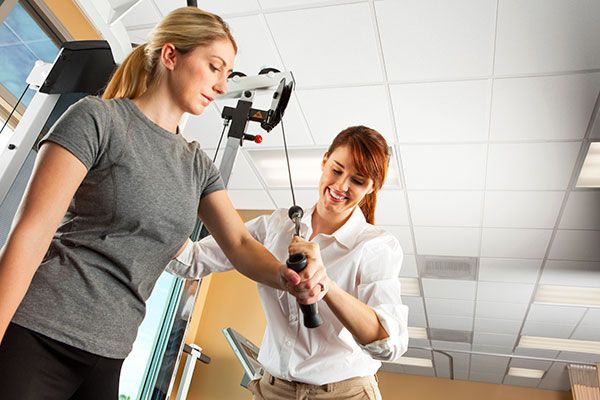
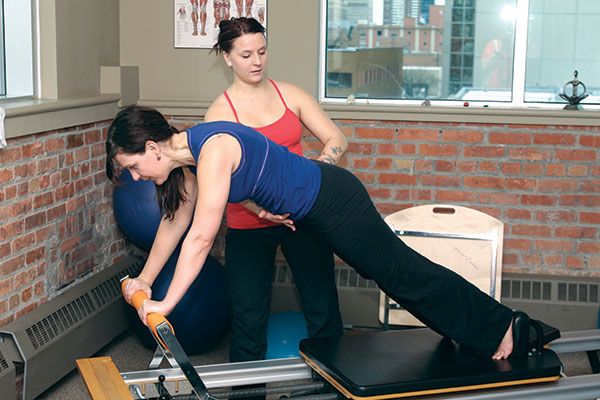

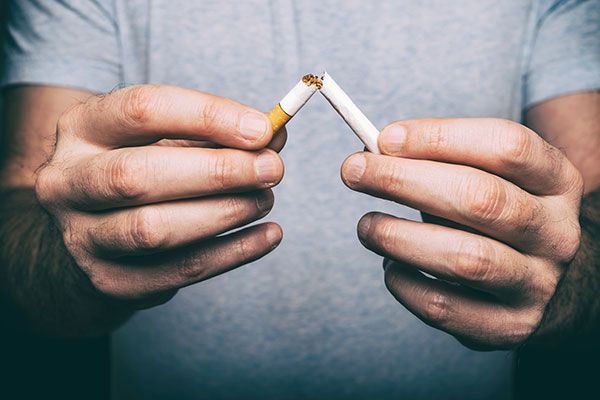


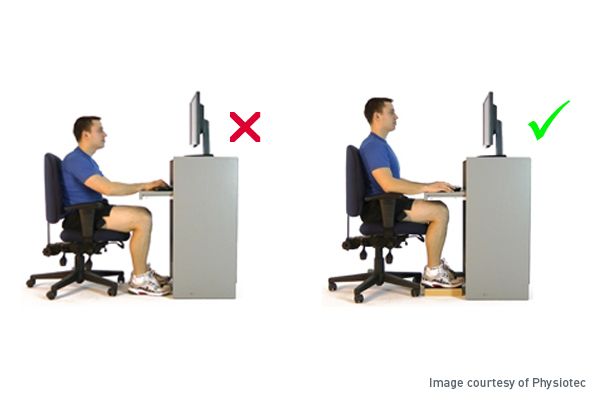
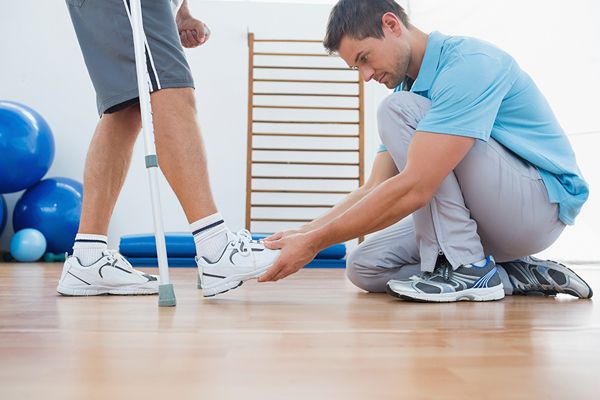

We can help you move and feel better.
Book an appointment today.